PHM is the national museum of democracy, telling the story of its development in Britain: past, present, and future.
On this blog we share posts from the PHM team and other experts, with behind the scenes stories, coverage of PHM's exhibitions and events, and highlights from the museum's unique collection.
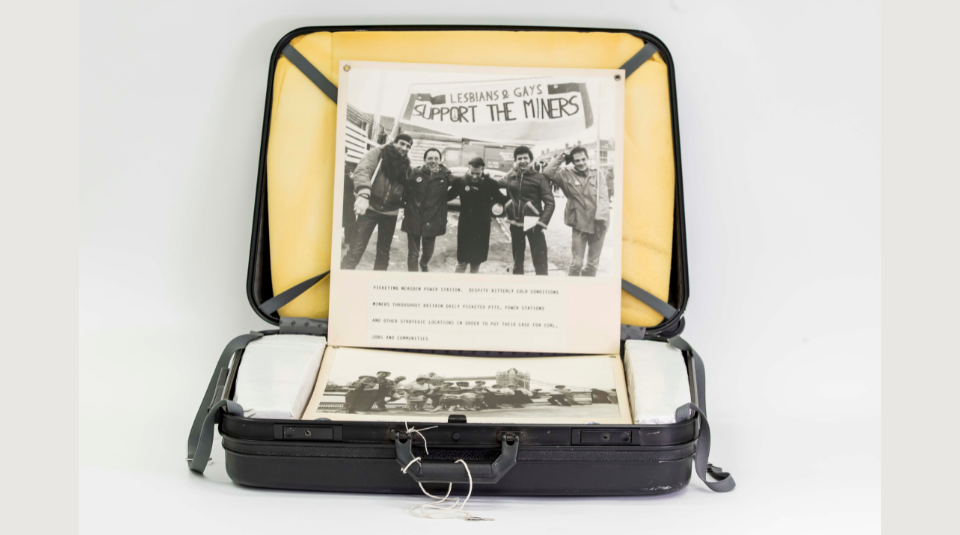
2024 marks the 40th anniversary of Lesbians and Gays Support the Miners (LGSM), which formed in the early months of the 1984 to 1985 Miners’ Strike. Joining us to explore this historical moment and the legacy that it created is People’s History Museum’s (PHM) Collections Assistant Jaime Starr.
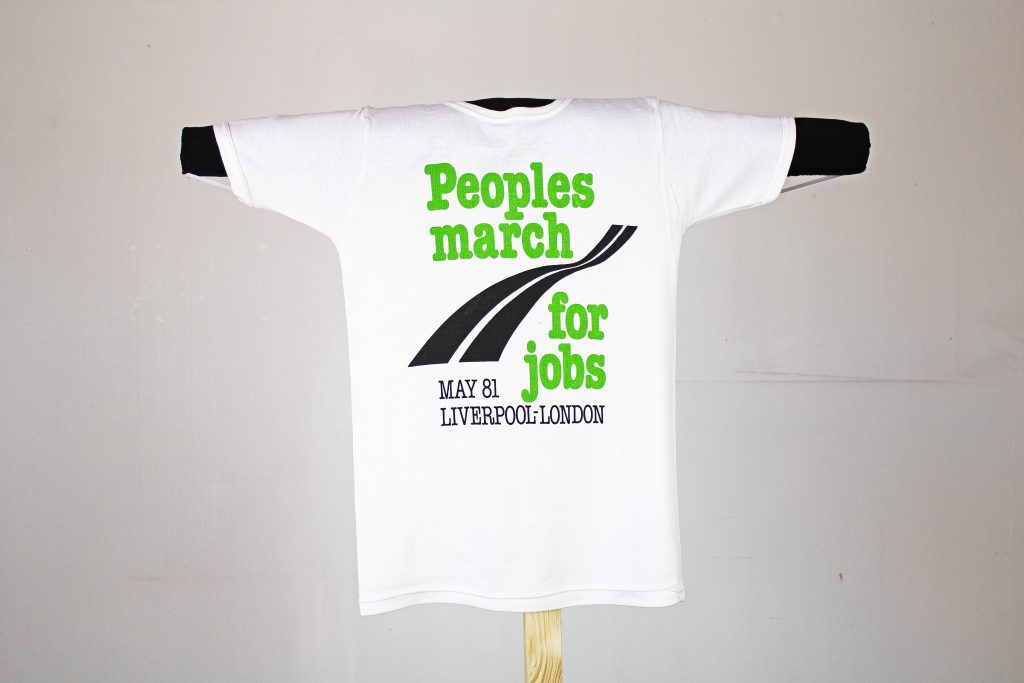
In this long read Q&A, historian Dr Greig Campbell shares historic photographs and oral testimonies of those involved with the march to explore its origins, impact, and legacy in the fight for workers’ rights.
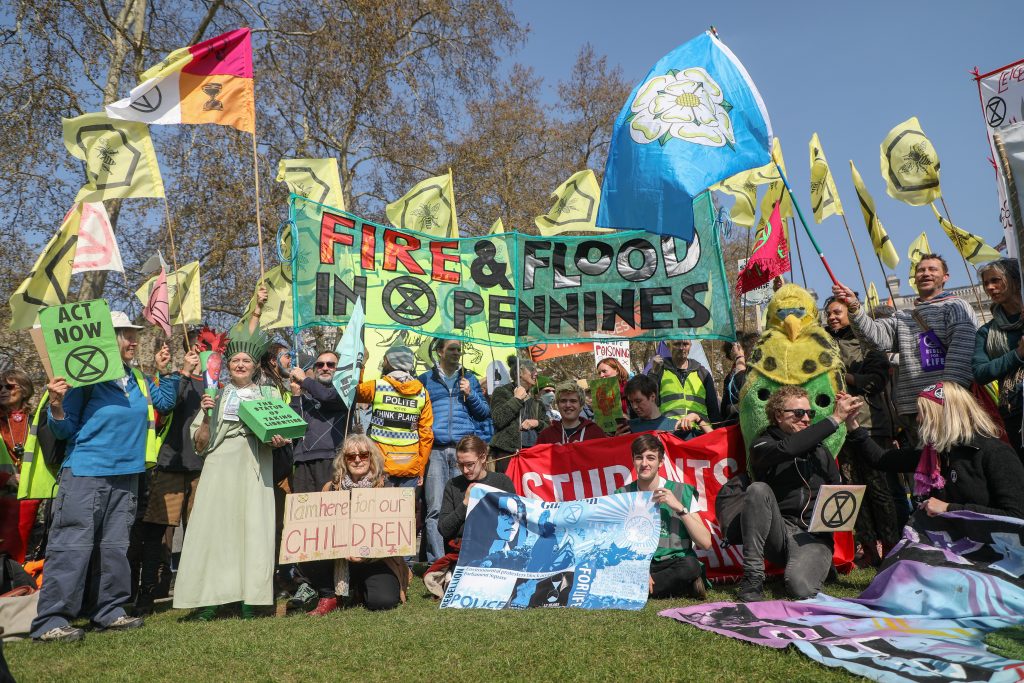
People’s History Museum (PHM) in conversation with members of Calderdale Extinction Rebellion (XR) about how to make a ‘netty’ protest banner, and the climate protests these have been taken on.
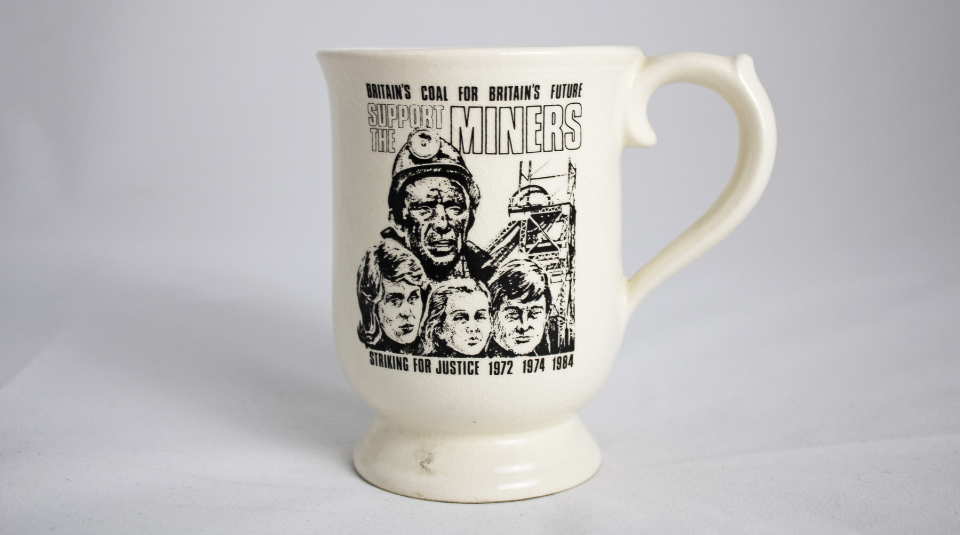
In this blog post, we chatted with PHM’s Collections Officer Kayleigh Crawford to ask about the museum’s project to digitise its collection of objects related to the Miners’ Strike which led to the discovery of some hidden gems.
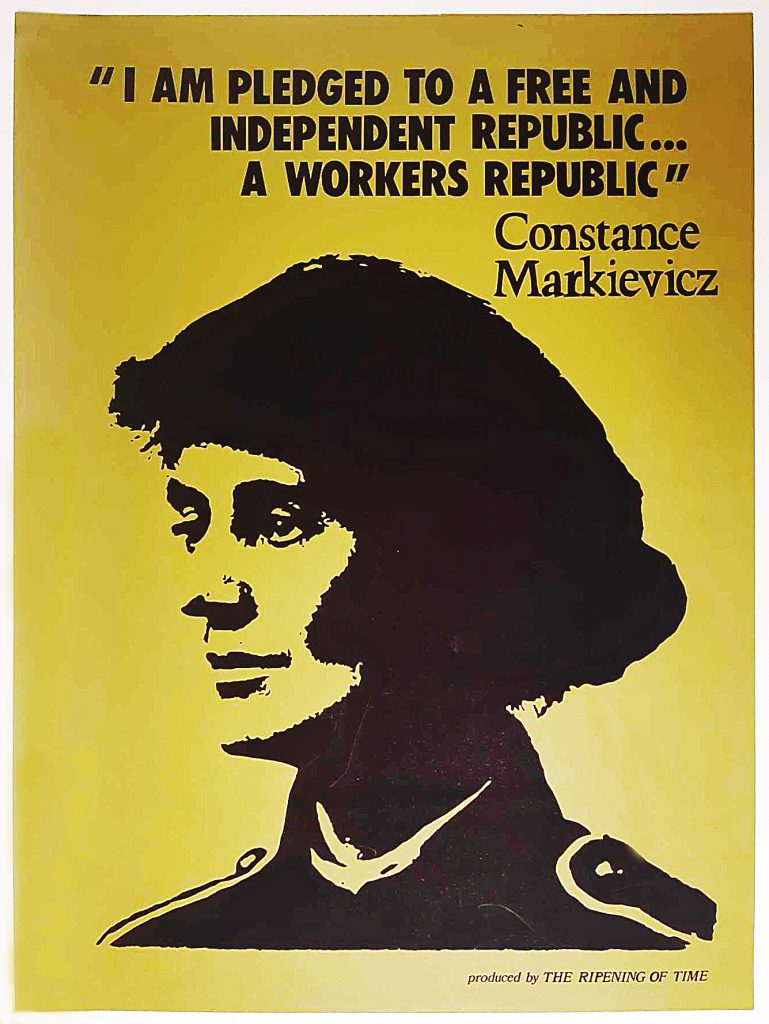
PHM’s Visitor Experience Team’s Mollie Holden takes a closer look at Irish revolutionary Countess Constance Markievicz, her fight to improve the lives of the working class, and a poster in the museum’s collection.